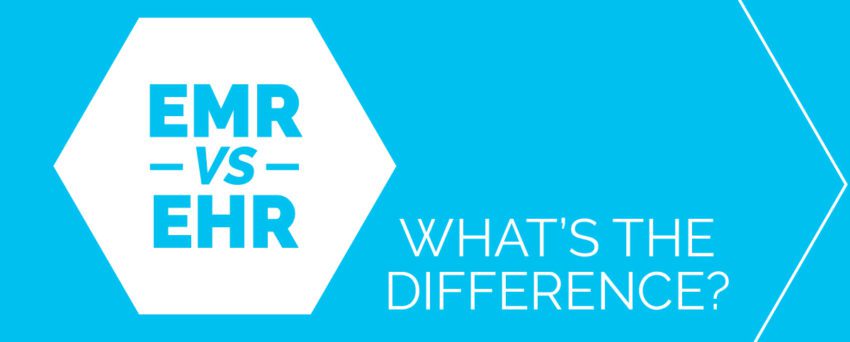08Apr 2020
Whether you’re new to the digital healthcare world or not, you may still be feeling a bit of confusion around popular terms like EMR or EHR. In fact, the debate between EMR vs EHR is ongoing, as many doctors and medical professionals are wondering which is more beneficial to their business.
The answer doesn’t have to be complicated. Let DOCUdavit tell you what you need to know about EMR, EHR, and where your business fits in.

EMR: Electronic Medical Records
As a medical or healthcare professional, you’re no stranger to electronic medical records. They are a digital version of the paper charts most clinicians use, and contain the medical and treatment history of a patient.
Many providers are expected to adopt and demonstrate meaningful and secure use of EMR in order to comply with local laws. This is because, not only is a medical record one of the most important tools for doctors, but it’s also filled with information that is critical and sensitive. Keeping the information of your patients safe is number one, and a reliable EMR conversion system is crucial to this process.
EHR: Electronic Health Records
If you’re new to EHRs, just know their base function is the same as an EMR; however, an electronic health record focuses on the overall health of the patient, including a broader sense of the patient’s health history. Rather than a narrow focus on the patient’s records for solitary practice, it’s designed to share information with other doctors and medical professionals.
For example, an EMR may let the staff at a clinic know which procedures a client has had or what medicine they are taking, but the EMR does not often leave the clinic and it only details history for the one office. An EHR will include information that can be pertinent to laboratories, hospitals, psychiatrists, or other medical professionals. This gives a stronger, more complete look at the patient’s overall medical history.
EMR vs EHR: Which Should I Focus On?
A busy doctor’s office may not have the time to differentiate between EMR or EHR, and might only have the capacity to maintain one set of files. EMR and EHR both serve different purposes, so the choice lies with your clinic’s priorities. Many clinics do not outsource or provide specialist recommendations because they have specialists working under their roof. With that in mind, an EMR would work perfectly. However, if you run a family practice where patients are coming to see a doctor and may not be able to see a specialist at the office, then an EHR would provide more opportunity for outside specialists to really learn about the patient’s health history.

Go Paperless with EMR and EHR
Patient data and records are important legal documents and should be treated as such. Trust a medical records storage system that can improve the quality, safety, and privacy of medical records with secure EMR conversion. At DOCUdavit, not only do we have a plethora of scanning services available to suit your business needs, but our paperless methods are good for the environment — and your bottom line. Choose one of the top EMR companies in Canada. Contact us today.

